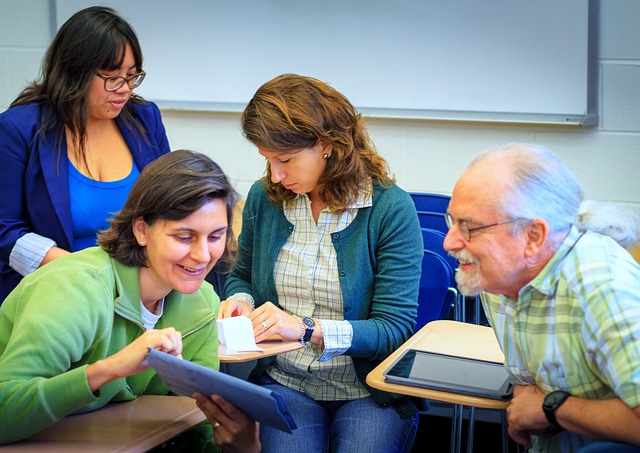
CITL to host Communities of Practice
What is a Community of Practice?
“Groups of people who share a concern or a passion for something they do and learn how to do it better as they interact regularly.”
– Wenger-Trayner, 2015
Communities of practice were first defined in 1991 by Lave & Wenger, and have grown in their popularity and application since that time. In educational settings, CoPs have become powerful models in higher education. They help to build community, provide a sense of belonging, enhance cross-discipline collaboration, and promote knowledge and innovation.
CoPs center around a defined shared interest or experience faculty want to explore. CoPs in higher education can be topic based, for example faculty might want to learn more about issues of academic honesty, classroom management, or the scholarship of teaching and learning. CoPs can also be cohort based such as CoPs for adjunct faculty, faculty new to the UMaine community, or pre-tenured faculty. Regardless of the model, the topics of exploration and discussion are driven by the interests and needs of participating faculty.
A primary value of these communities is shared knowledge. Participants build relationships with each other while also creating a repository of resources such as physical materials, social networks, experiences, tools, stories, support tactics, and technologies. Though informal, CoPs are most effective when participants participate in sustained interactions, either face to face or virtual. CoPs can last one semester (≈4 meetings), but more often they extend through the academic year (≈8-9 meetings). Meetings are often facilitated to enhance the experience for the members. CoPs are similar in their aim and structure to Faculty Learning Communities, another popular collaborative educational development model, but CoPs are more flexible – participants can bring what they can to the conversations, share what they want, and engage as they see fit. Both models are effective ways to promote innovation, networking and supported reform.
We at CITL are excited to begin facilitating Communities of Practice at UMaine. Our CoPs meet monthly, based on the schedules of the interested participants. Although participation is voluntary, it is expected that, to the best of their abilities, all members attend and contribute to the shared practice.
Our first CoP – the New Faculty Community of Practice – has been discussing learning theory as it relates to their own courses. Through dynamic conversations faculty are sharing tactics, changing their teaching strategies, creating shared resources and a foundational community.
Our second CoP will be offered in collaboration with the Rising Tide Center. The Difficult Dialogues Community of Practice stemmed from a group of faculty who attended a November workshop facilitated by Dr. Libby Roderick on managing difficult conversations in the classroom. These faculty wanted to continue the conversation and practice.
For more details on times, and to register please visit our website.
Do you have an idea about teaching and learning that you would like to talk through with other faculty members? Do you know of a group of interested faculty that need a space and time to collaborate? Let us know, email citlworkshop@maine.edu with your thoughts.
